Remember Maris? She is the lucky recipient of our first dyslexia scholarship. But Maris’ problem isn’t her reading fluency. It’s her poor spelling that qualified her for this opportunity!
Debunking Dyslexia Myths
Dyslexia is a problem with letter reversals, right?
WRONG! Dyslexia is a problem with hearing the sounds in words.

Maris gets ready to go to school at Gillispie
Dyslexia is strictly a problem with reading smoothly, right?
WRONG AGAIN! This is a common misunderstanding. In fact, many dyslexic individuals have learned to read fairly smoothly because they have learned to use contextual cues to figure out difficult words. But their spelling is still disastrous, and that weakness is still compromising their reading fluency and comprehension.
Researchers have now proven that a deep level of spelling knowledge makes words available for lifelong word retrieval and word building that will grow with us and enable us to progress from spelling base-words to spelling 5-syllable derivatives. Take the word “fortune” for example. Once you learn to spell “fortune”, you can transition to “fortunate” and then “unfortunate” and then “unfortunately”. No problem!
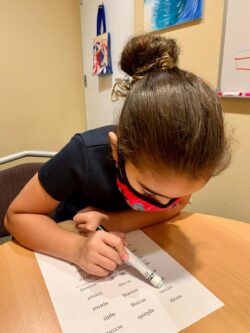
Maris works on Wilson to improve her spelling
But Spelling Doesn’t Really Matter Anymore!
OR DOES IT?
Truth be told, people are constantly judging us. They evaluate the way we look, talk, communicate and the way we write.
The importance of spelling is often devalued in this modern digital world–in fact, we all tend to ignore basic rules when texting friends through message apps. BUT the problem occurs when we carry that trend over to emails and more formal documents.
Not only can silly spelling mistakes make you look less intelligent and uneducated, it can also cost you job opportunities, business partners, customers and dates!
So, do you STILL think misspelled words are no big deal?
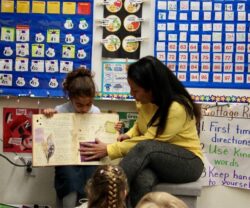
Maris and Mom read to her class
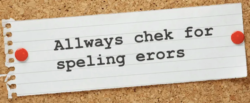

Maris strikes a cute pose with her Literacy Specialist, Tracy
Forget the Spell Checkers–there is so substitute
for spelling mastery!
Good spellers have a boat-load of tools in their belts. They understand phonemic awareness—they can match their spoken words with written letters. They also have morphemic awareness—they know to spell “walkt” with an “ed” and “walker” with an “er”.
And good spellers know the tricks. A principal at your school is your “pal”. And a doctor works in the “O.R.”. We can spell over 90% of our English words by implementing these useful strategies.
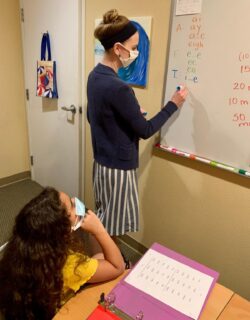
Tracy and Maris review long vowel sounds before her spelling test
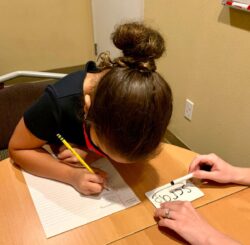
Maris uses her syllabication cards to help spell her words
Takeaway Points
Spelling is teachable! And spelling correctly is critical—for smooth reading and impressive writing and preparing for a limitless future!
That’s where we are headed with Maris! She’s learning the tricks and tools to make her an excellent speller so she can impress her readers with her enlightening compositions and compelling cover letters!
Maris’ scholarship ends in January. We will report back to you on her success!
National Dyslexia Awareness Month
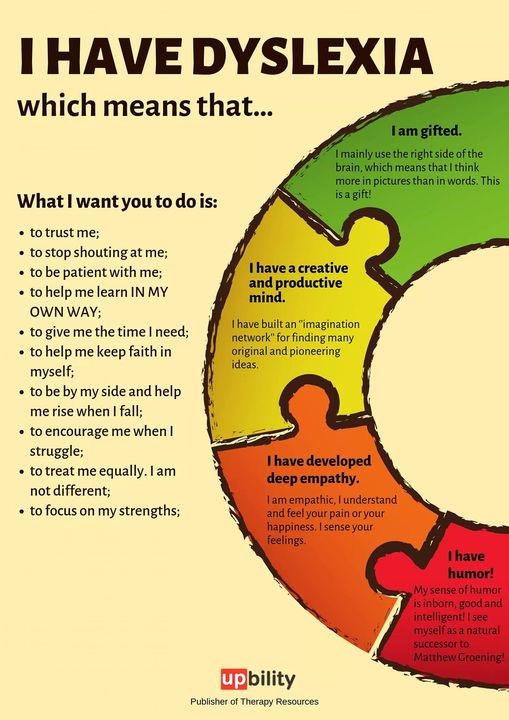
Check out this amazing poster by Upbility!
Grammar and spelling errors may hurt your chances… so don’t let this be you!

Spotlight on Success
Student of the Week
Sam Porter
Age: 8;6
Enrolled in Literacy
Sam is a superb student! He is becoming a shrewd critical thinker–he reads between the lines to find the deeper meaning of his literature!